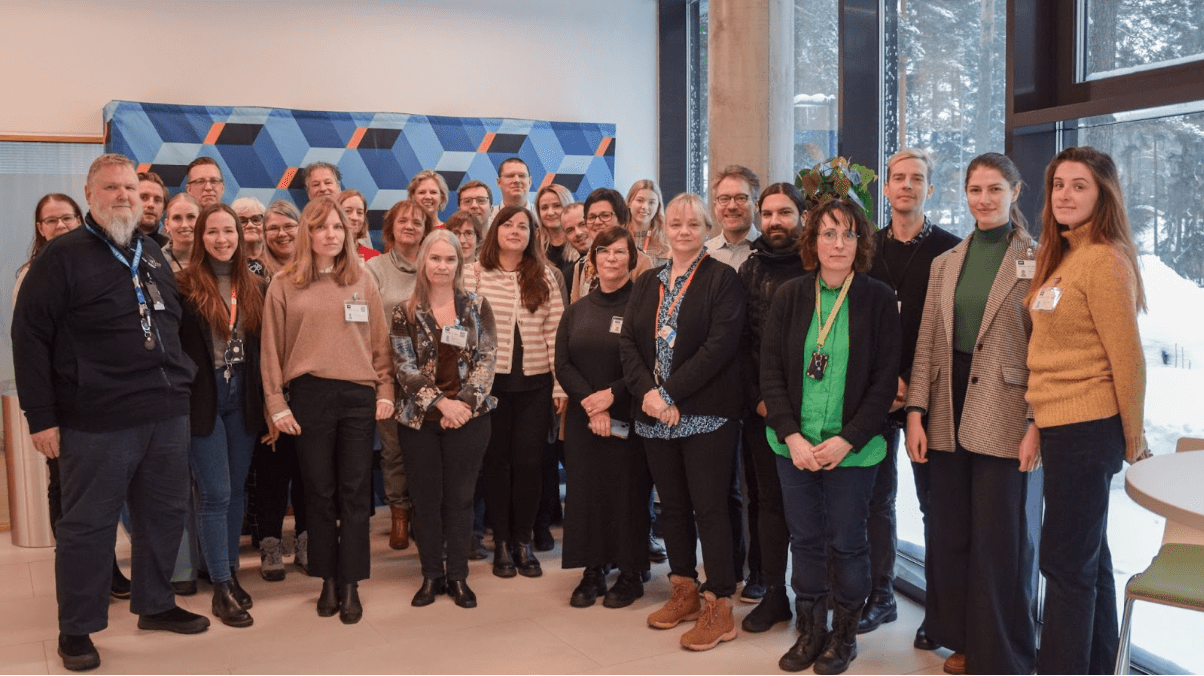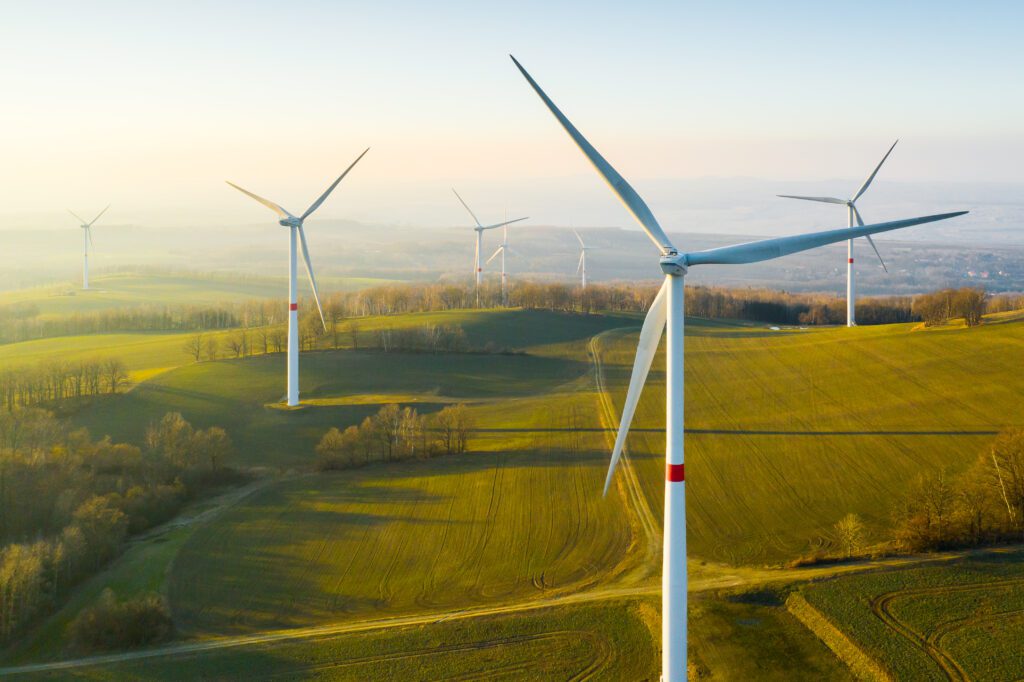Civitta joins PESCO-UP project to innovate recycling mixed textiles

Background
Launched in January 2024, the PESCO-UP project focuses on transforming mixed polyester/cotton waste into high-quality and clean materials for the next use cycle, aligning with the EU’s 2025 textile waste mandatory collection.
Led by VTT Technical Research Centre of Finland, one of the leading research organisations in Europe, the PESCO-UP team will address industry challenges by developing digitalised processes and instruments, creating a digital marketplace for information exchange, and establishing recycling standards to promote the use of recycled textiles. The project spans 48 months, aiming to enhance the textile recycling value chain and reduce reliance on virgin materials. and develop new business opportunities.
PESCO-UP project’s holistic approach also includes innovative processes such as digitalised material identification, data sharing, and advanced sorting systems. By developing feasible chemical and mechanical separation methods, the project targets up to 90% material processing efficiency. The project not only advances technology, but also leads the change by transforming the challenge of recycling mixed textiles into business opportunities, enhancing, and engaging the workforce through targeted upskilling activities.

Technology market contribution
As part of a consortium with 19 partners working on the project, Civitta will contribute to the market uptake of PESCO-UP novel technologies by investigating the economic feasibility and business potential of the preferred recycling routes, delivering the related market research and value chain analysis as well as proposing the upskilling, reskilling and exploitation strategies for the take-up of the selected novel technologies.
More information on the PESCO-UP project can be found on its website: www.pesco-up.eu.
PESCO-UP is a Horizon Europe project running from 2024-2028 with the help of partners listed here. This project has received funding from the European Union’s Horizon Europe research and innovation programme under the grant agreement No. 101138367.


